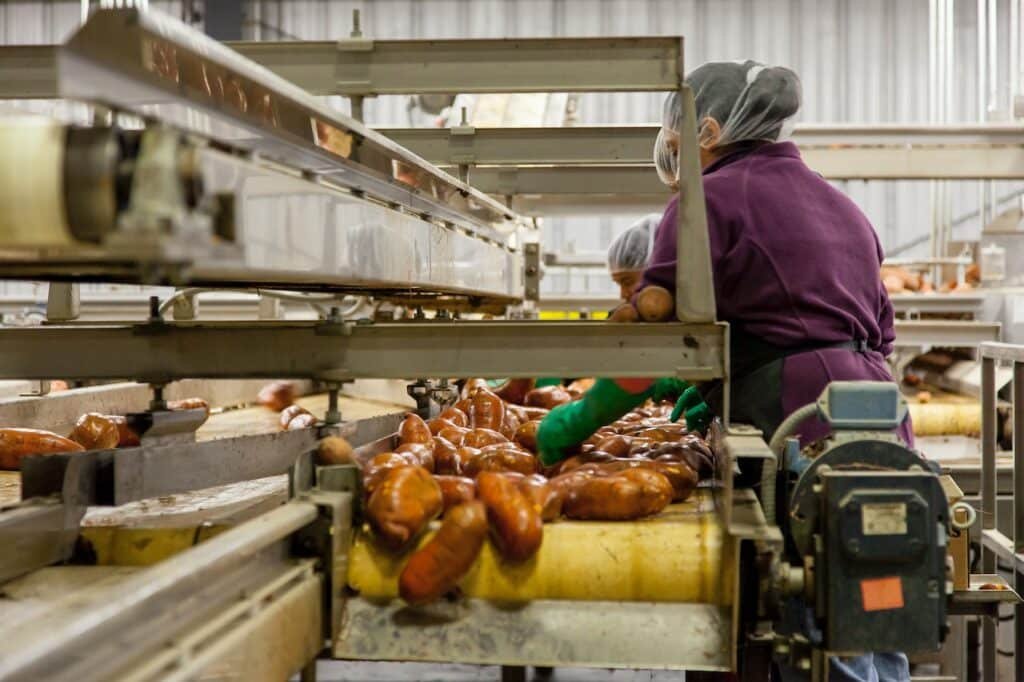
Responsible production involves the production of goods and services in an ethical way which involves the minimisation of waste and pollution.
In the past little thought was given to the way in which resources were used in the production process. The emphasis was on creating the maximum profit from the resources available.
Today it is recognised that responsible organisations are also good citizens and ones that look after the environment in a responsible way.
Responsible production, therefore, involves taking a range of issues on board including:
- Minimising carbon emissions at all stages of the production process
- Cutting down on or seeking to eliminate waste.
- Controlling and reducing any harmful emissions and pollution resulting from production activities.
- Ensuring that all supplies are from sustainable sources
- Monitoring and minimising negative impacts on the natural environments where production takes place
- Making environmental health and safety paramount.
Today, it is common practice to develop systems for managing production and other systems.
For example, British, European and International Standards have created an Environmental Management Standard for companies to comply with and ISO 9000, an international standard for quality management.
By setting up systems to comply with these standards, organisations are able to be accredited as meeting these standards.
Other suppliers are then more inclined to do business with these organisations because they have shown that they can produce in a responsible way.
